Privatization of Land and its Impacts on Agro-Pastoral Livelihoods in Karamoja, Uganda: Case studies of Moroto and Nakapiripirit Districts
Development
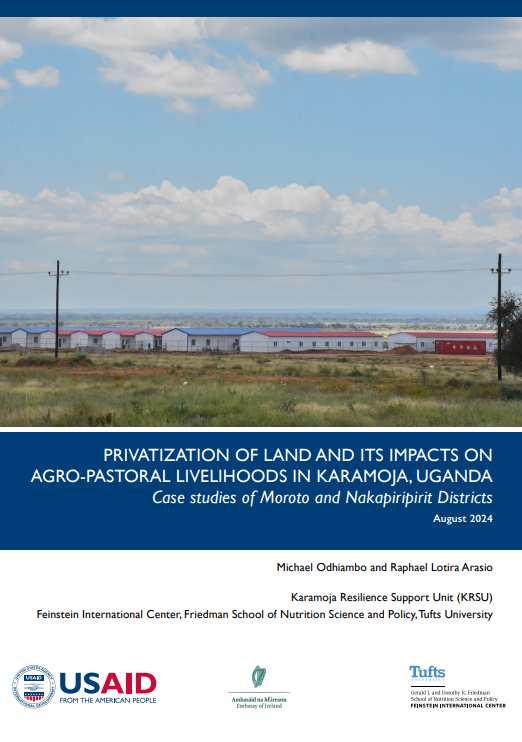
Privatization of Land and its Impacts on Agro-Pastoral Livelihoods in Karamoja, Uganda: Case studies of Moroto and Nakapiripirit Districts
This report presents the findings of a review of land issues in Karamoja, with a particular focus on trends in privatization of communal lands and its impacts on agro-pastoral livelihoods.
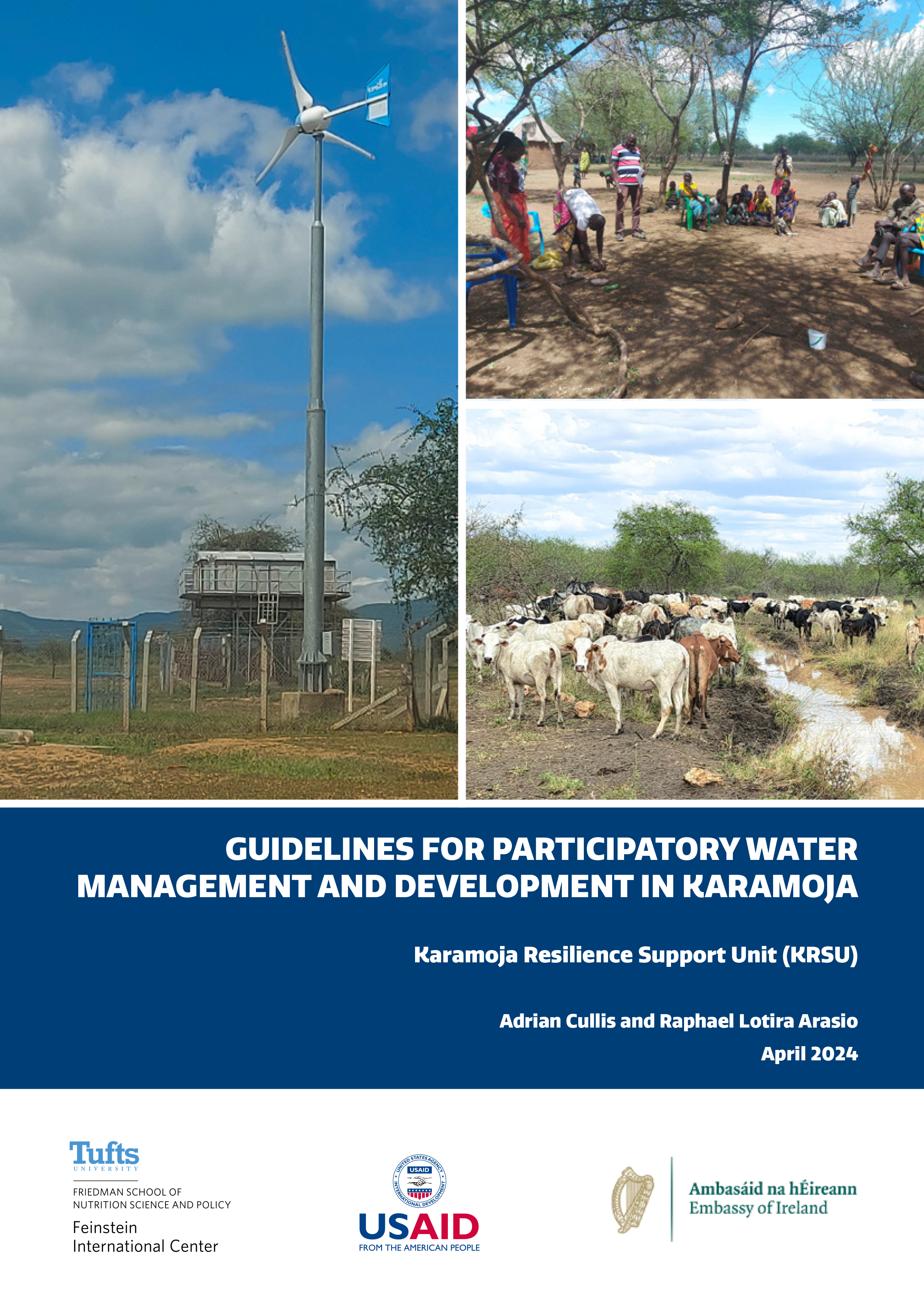
Guidelines for Participatory Water Management and Development in Karamoja
Water resources support key sectors of the economy namely: hydropower generation, agriculture, fisheries, domestic water supply, industry and navigation among others. However, the efficiency and sustainability of water utilization has recently been a concern in Uganda mainly due to inadequate sectoral collaboration in planning and implementation, increasing frequency of floods and droughts, environmental degradation and pollution of water resources.
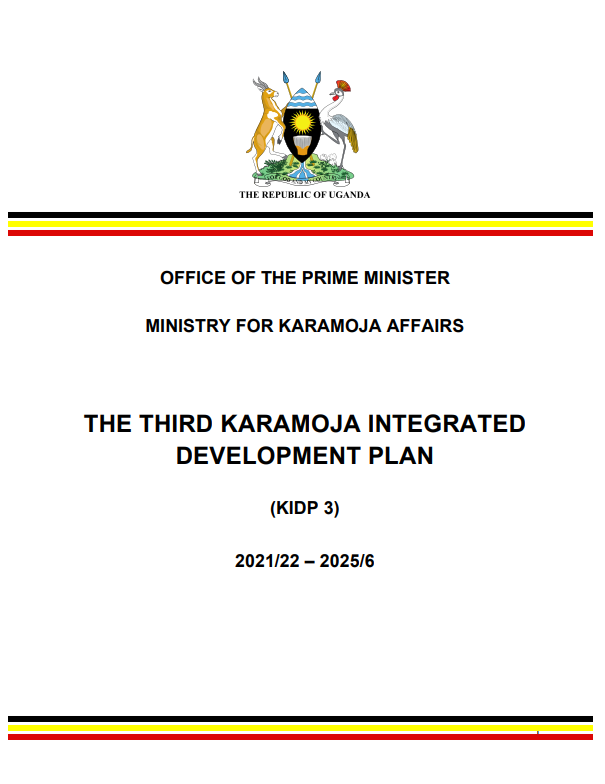
THE THIRD KARAMOJA INTEGRATED DEVELOPMENT PLAN
The third Karamoja Integrated Development Plan (hereafter KIDP3) covers the period 2021/22 to 2025/26. The design of the KIDP3 was preceded by a review of the performance of the KIDP2, both of which were commissioned by the Office of the Prime Minister (OPM) and Ministry for Karamoja Affairs (MfKA), and supported by the Karamoja Resilience Support Unit (KRSU) of Tufts University.
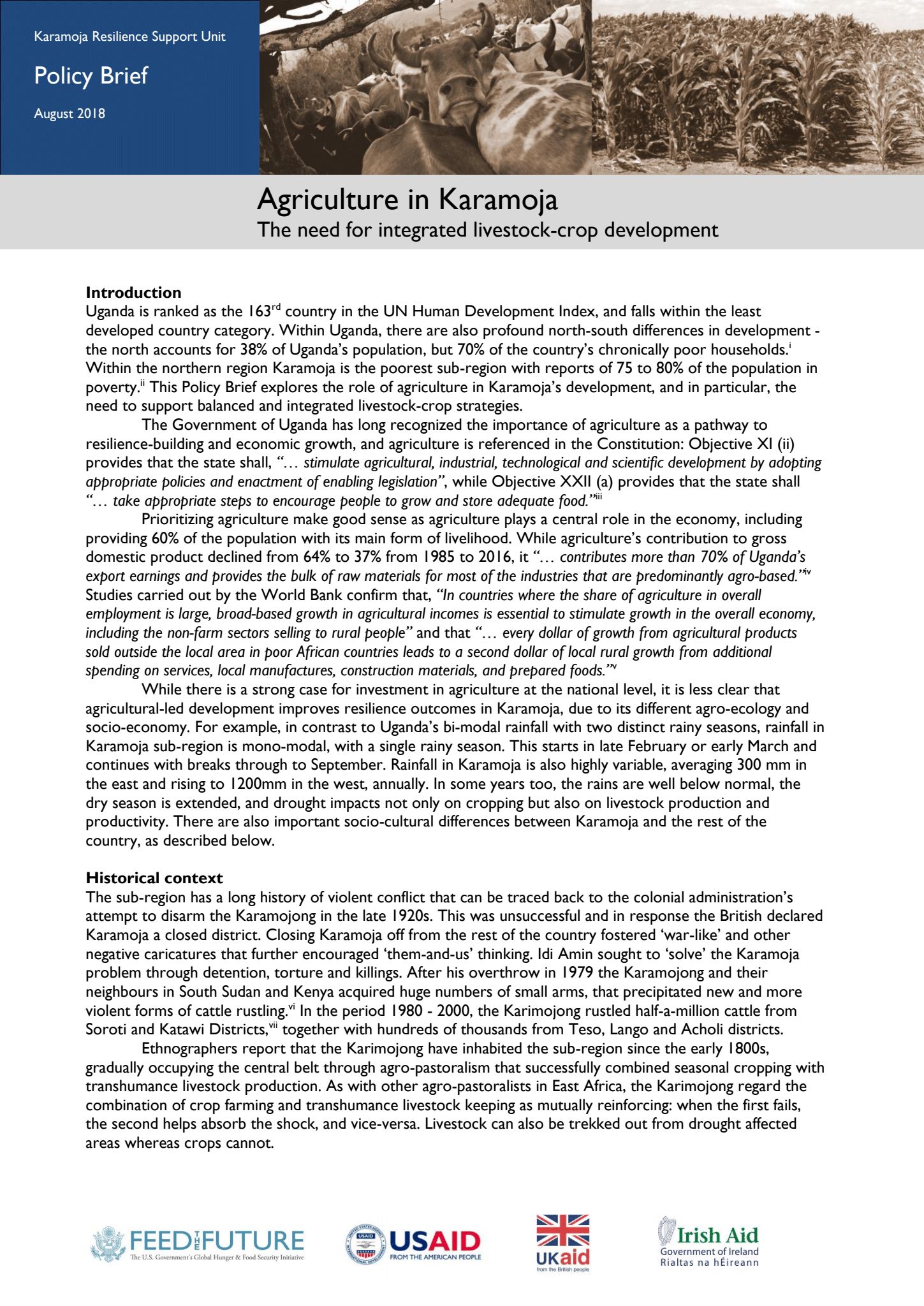
Agriculture in Karamoja-The need for integrated livestock-crop development
This Policy Brief explores the role of agriculture in Karamoja’s development, and in particular, the need to support balanced and integrated livestock-crop strategies.
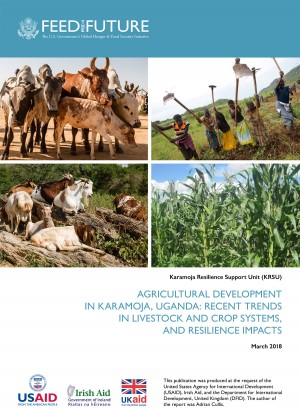
Agricultural Development in Karamoja, Uganda: Recent Trends in Livestock and Crop Systems, and Resilience Impacts
This review by the KRSU examines policy and programming on livestock and crop production in Karamoja’s drylands, and makes recommendations to take account of Karamoja’s unique environment within Uganda.
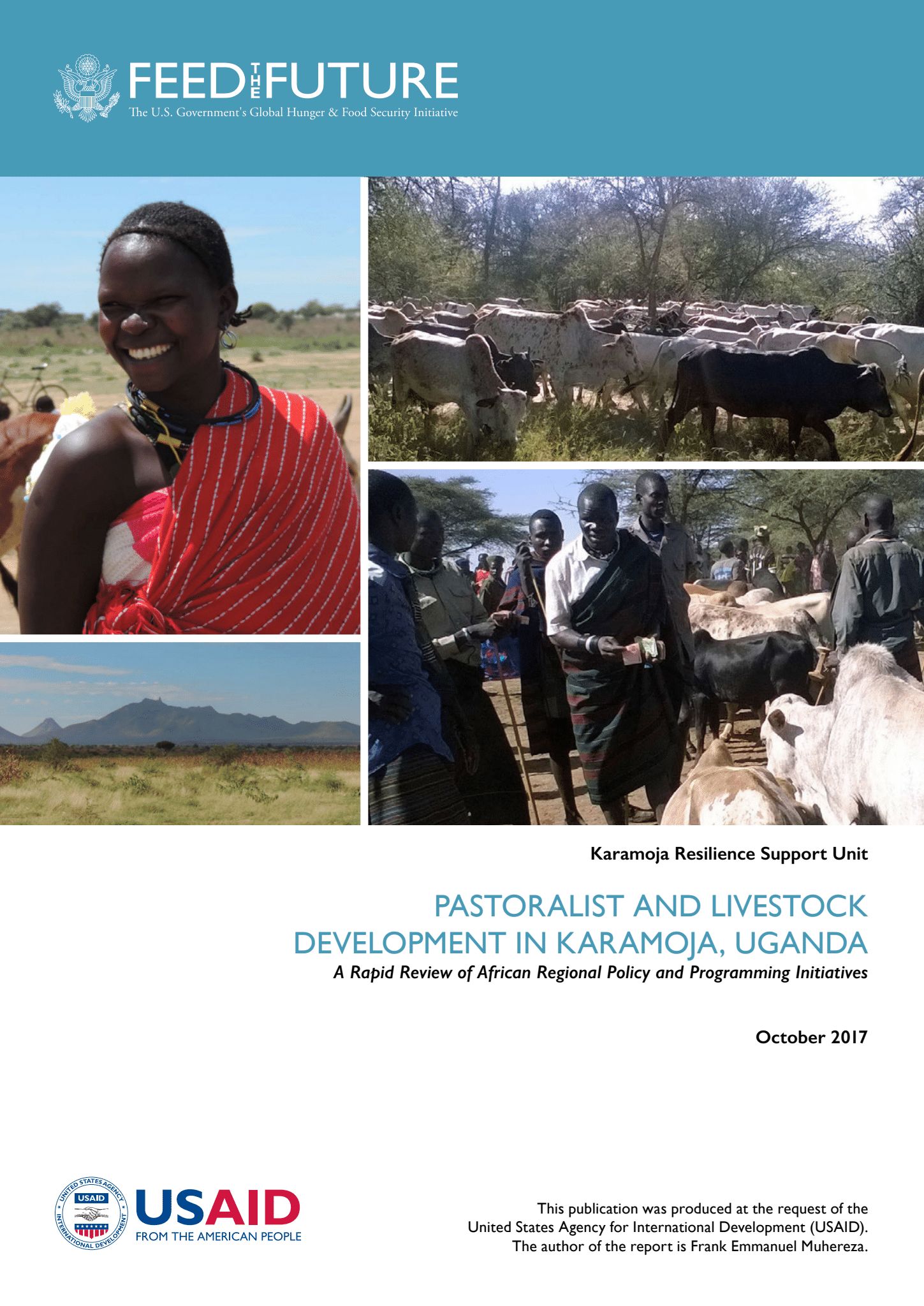
PASTORALIST AND LIVESTOCK DEVELOPMENT IN KARAMOJA, UGANDA
This review examines regional policies and programming initiatives in East Africa and the Horn of Africa related to pastoral areas development, and their relevance to the Karamoja Region of Uganda.
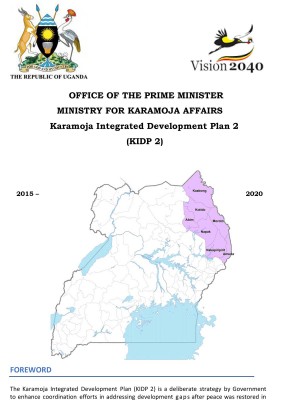
The Karamoja Integrated Development Plan II
The Karamoja Integrated Development Plan is a strategy and framework to enhance coordination efforts in addressing development gaps in the Karamoja region